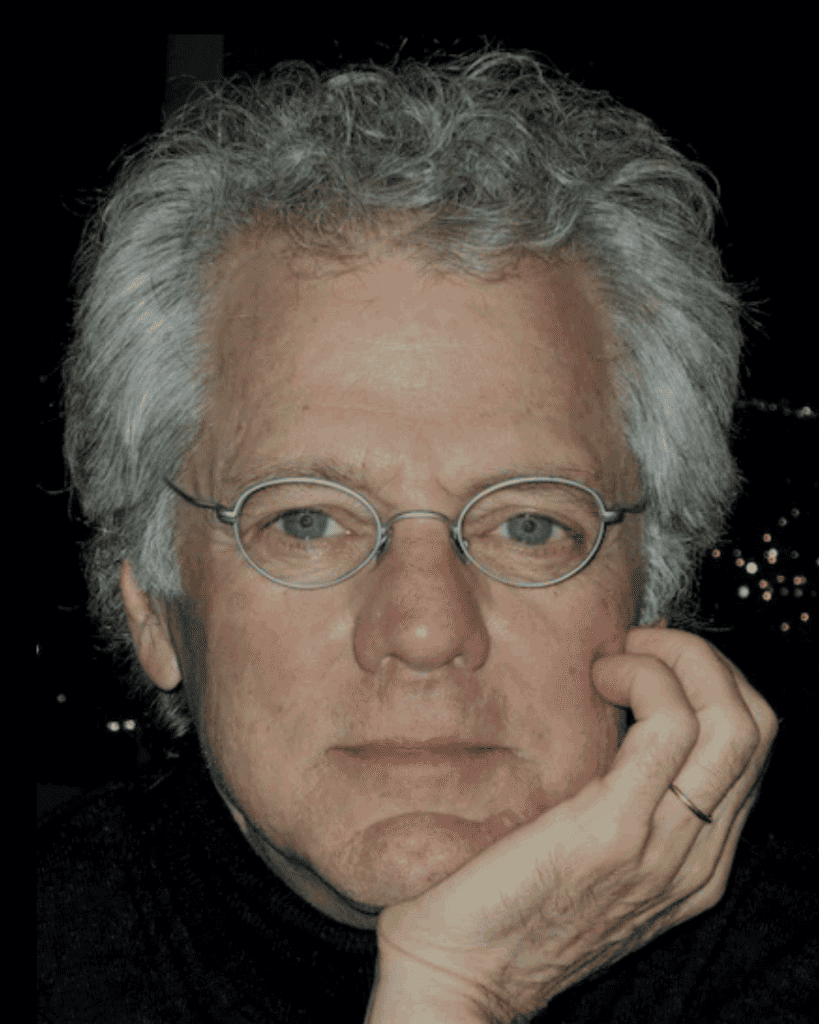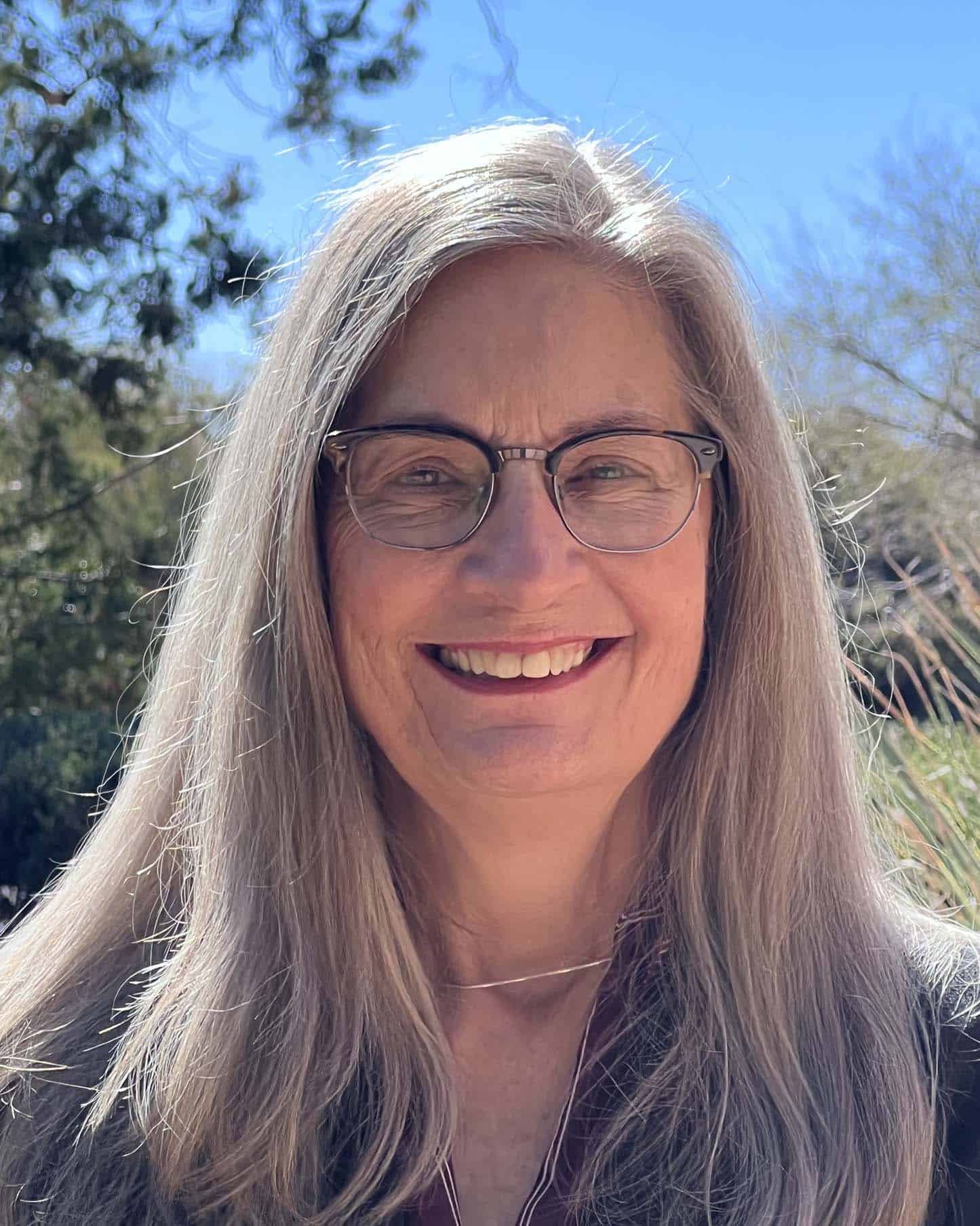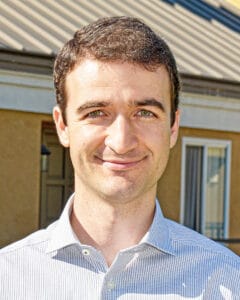Monday, May 22, 2023, 12:30 – 2:00 pm, Talk Room 2
The Vision Sciences Society is honored to present Mary A. Peterson with the 2023 Davida Teller Award
Congratulations to Mary A. Peterson, the eleventh recipient of the Davida Teller Award. The Teller Award was created to honor the late Davida Teller’s exceptional scientific achievements, commitment to equity, and strong history of mentoring. The award is given to a female vision scientist in recognition of her exceptional, significant, or lasting contributions to the field of vision science.
Mary A. Peterson
Professor of Psychology and Director of the Cognitive Science Program at the University of Arizona
Dr. Mary A. Peterson is a Professor of Psychology and Director of the Cognitive Science Program at the University of Arizona. Following a B.A. in English Literature from Marymount Manhattan College, where she graduated summa cum laude in 1972, Mary decided to change direction. Ultimately, she decided to study visual perception with Julian Hochberg at Columbia University (1978-1983). After starting as an Assistant Professor at SUNY Stony Brook, she moved the University of Arizona in 1988.
Dr. Peterson is a leader in the study of perceptual organization and a pioneer in the modern study of figure-ground processing. She has employed clever behavioral experiments, neuroimaging, and patient work to demonstrate that perceptual organization is an iterative process in which past experience impacts all “stages” of perception. Although her revolutionary ideas and compelling data initially went against the grain of the then-prevailing theories of perception as a serial bottom-up process, her innovative perspective has now become the predominant way that vision scientists think about perception. Her research contributions have been widely recognized, including her election to fellow status in the American Association for the Advancement of Science (AAAS), the American Psychological Association (APA), the Association for Psychological Science (APS), the Society of Experimental Psychologists (SEP), and the International Neuropsychological Symposium (INS).
Dr. Peterson has been exemplary in her commitment to diversity, equity, and inclusion. Spurred by discussions at VSS 2015, she and a team of other women co-founded Females of Vision et al. (FoVea) to advance the visibility, impact, and success of women in vision science, with Mary spearheading a National Sciences Foundation grant to fund travel & networking awards, mentorship events, and other initiatives. FoVea events have become a vital part of the annual VSS meeting and have continually ensured that the mandate serves a range of marginalized groups. Mary has also been an advocate and ally to marginalized groups through service to her University, the Psychonomic Society, and Women in Cognitive Science (WiCS).
Mary has been widely recognized as a supportive and influential mentor, both to individuals and communities. In 2019, she was awarded an Excellence in Mentoring Award from the University of Arizona and the Early Career Psychologist Champion Award from the APA.
Dr. Peterson has been a member of the Board of Directors for VSS, served as Chair of the Governing Board of the Psychonomic Society, was co-founder and President of the Configural Processing Consortium, and has been active in the Federation of Associations in Behavioral & Brain Sciences (FABBS). She received the Psychonomic Society’s highest honor, the Clifford T. Morgan Distinguished Leadership Award.
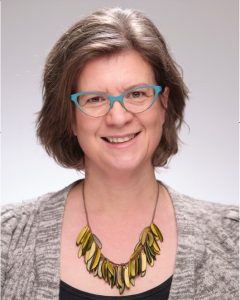
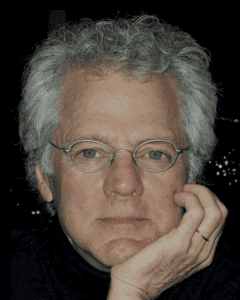

![]()

